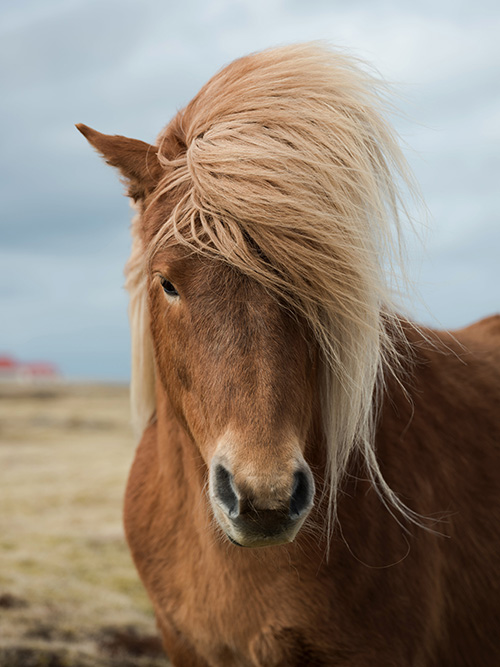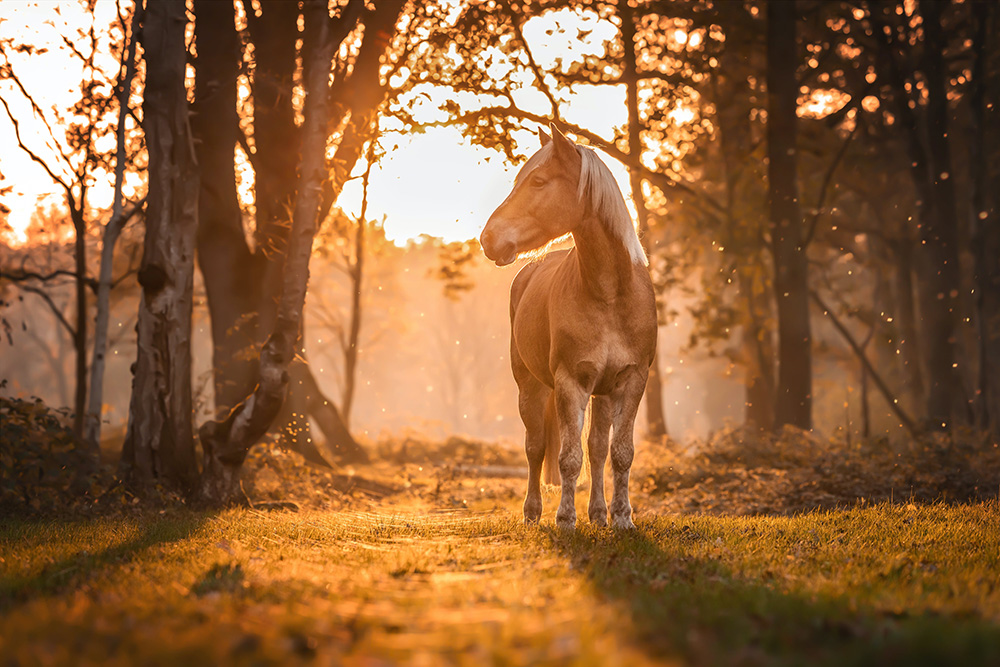Horses, majestic creatures that have been companions to humans for centuries, deserve the best in care and nutrition. The key to a healthy and happy horse lies not only in proper exercise and veterinary care but also in a well-balanced and nutritious diet. In this blog, we delve into the intricacies of equine wellness through horse nutrition, shedding light on the essential elements that contribute to the overall well-being of these magnificent animals.
Understanding the Basics:
Horses are herbivores with unique digestive systems designed for grazing. Their digestive tracts consist of a large cecum and colon, emphasizing the importance of a consistent and high-fiber diet for equine wellness. To meet their nutritional needs, horse owners must consider factors such as age, weight, activity level, and specific health conditions.
Forage First:
The foundation of a horse’s diet is forage, such as quality hay or pasture. This provides essential fiber, promoting healthy digestion and preventing issues like colic and obesity.

Balancing Act:
While forage is crucial, horses also require a balanced blend of macronutrients and micronutrients. This includes proteins, carbohydrates, fats, vitamins, and minerals. Balancing these elements ensures the horse receives the necessary building blocks for optimal health.
Protein Power:
Protein is essential for muscle development, tissue repair, and overall growth. Quality forage and supplementary feeds containing the right amount of protein are essential for maintaining a horse’s strength and vitality.
Energy Requirements:
Horses expend energy based on their activity level. Working horses, such as those involved in sports or trail riding, require more calories to fuel their efforts. Providing an appropriate balance of grains and fats helps meet these energy needs.
Hydration Matters:
Water is often overlooked but is a critical component of a horse’s nutrition. Adequate hydration supports digestion, nutrient absorption, and temperature regulation. Ensure a constant and clean water supply at all times.
Special Considerations:
Different life stages and health conditions necessitate tailored nutritional approaches.

Feeding Foals and Young Horses:
Young horses require specific nutrients for growth and development. A diet rich in proteins, vitamins, and minerals supports their bone and muscle formation.
Nutrition for Senior Horses:
Older horses may face challenges in maintaining weight and dental health. Adjustments in diet, including softer forage and specialized senior feeds, can address these concerns.
Health Conditions and Dietary Adjustments:
Certain health conditions, such as insulin resistance or metabolic disorders, may require dietary modifications. Working closely with a veterinarian and equine nutritionist ensures a tailored approach for individual horses.
Investing time and effort into understanding and providing the right nutrition is fundamental to the health and longevity of our equine companions. Whether you have a spirited racehorse or a gentle companion in the pasture, a well-balanced and nutritious diet lays the groundwork for a vibrant and thriving equine friend. By prioritizing their nutritional needs, we contribute to their overall well-being, allowing them to gallop through life with strength, vigor, and contentment.

Leave a Reply